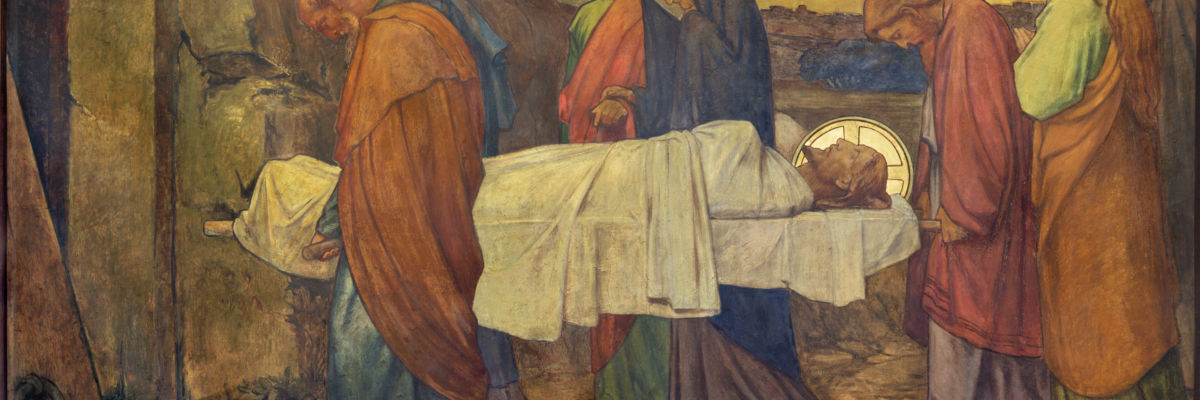
DAY 214
CHALLENGE
“The disciples stole Jesus’ body and lied about the Resurrection appearances.”
DEFENSE
This does not fit the data, particularly of the apostles’ later careers.
Matthew reports that the tomb was guarded, that the Jewish authorities paid the guards to say the disciples stole the body after they fell asleep, and that this story was circulating in the Jewish community (Matt. 28:11–15). That Matthew responds to the charge indicates it was viewed as the most plausible alternative to the Resurrection.
However, that doesn’t mean it was likely. Guards were paid not to fall asleep and faced severe disciplinary action if they did (cf. Matt. 28:14), including death (Acts 12:18–19, cf. 16:27). Further, if the guards were asleep, how did they know what the disciples did? Having previously run away when Jesus was arrested (Matt. 26:56), why would the disciples tiptoe around sleeping guards and risk waking them and being caught and executed? Finally, the guards’ report indicates their complicity with the Jewish authorities. If the authorities hadn’t bribed the guards, why didn’t they complain to Pilate about the guards’ dereliction of duty? The stolen body hypothesis is not plausible on its face.
Even more serious problems emerge when considering the later careers of the apostles. They experienced serious hardship because of their testimony to Jesus and his Resurrection. The book of Acts alone records they and other Christian leaders faced numerous incidents of arrest and imprisonment (Acts 4:1–3, 5:18, 6:12, 8:3, 9:1–2, 16:19–24, 21:33–34), beating (Acts 5:40, 16:22–23, 21:32, 23:2), torture (Acts 22:24–25), mob violence (Acts 16:22, 17:5–6, 13, 19:23–41, 21:27–30, 23:10), and both attempted an actual martyrdom (Acts 7:58–60, 9:23, 29, 12:1–4, 14:5, 19, 23:12–13, 25:2–3). Other New Testament books confirm these dangers (cf., e.g., 2 Cor. 11:23–27), as do the writings of the Church Fathers.
On repeated occasions, the apostles could have avoided them by denying the message of Jesus—or even just ceasing to preach it—yet the apostles defied orders to stop preaching (Acts 4:18–19, 5:27–32, 40–42) and even remained in Jerusalem when other Christians fled under violent persecution (Acts 8:1).
Their enduring of repeated, extreme hardships and—ultimately— martyrdom for the message of Jesus does not suggest they were a bunch of crooks who stole the body and then lied, but that they were honest and profoundly convinced of what they had witnessed.



